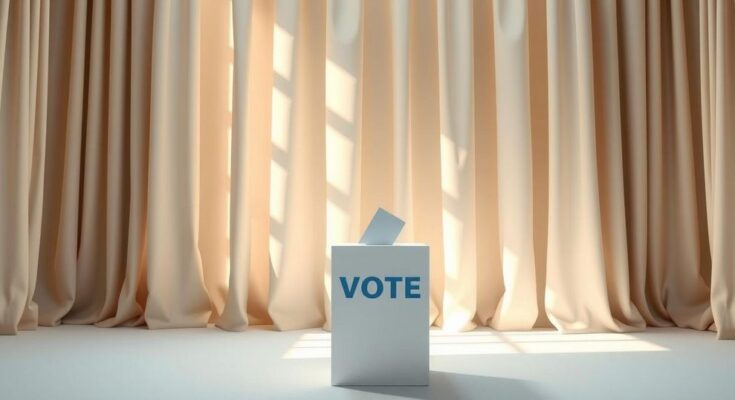Ecuador’s presidential election features President Daniel Noboa and challenger Luis González, emphasizing crime reduction as a key issue. Noboa has seen improvements in homicide rates, while González, with ties to former President Correa, faces a unique challenge in gaining voter trust. Voting is mandatory in Ecuador, and the election outcome remains critical amid rising violence.
Ecuador is preparing for its presidential election, with the contest primarily between President Daniel Noboa and challenger Luis González, marking a continuation of the 2023 electoral trend. Both candidates center their campaigns on addressing the escalating crime, predominantly fueled by drug trafficking linked to Colombia and Peru, impacting the lives of countless Ecuadorians. Citizens’ collective experiences with violence are likely to greatly influence their voting decisions this year.
The political landscape in Ecuador is characterized by challenges, particularly with rising crime rates tied to drug trafficking. Daniel Noboa, a 37-year-old millionaire from a prominent banana-exporting family, currently serves as president and has seen a reduction in the homicide rate during his tenure. His opponent, Luis González, is a political figure associated with former President Rafael Correa, who led with a controversial and authoritarian style. Ecuador has a history of quick political changes and mounting public frustration over security issues.
The upcoming election in Ecuador presents a critical juncture as voters decide between continuing Noboa’s leadership or opting for González’s proposed policies. The high-stakes environment, marked by drug-related violence and political volatility, will compel voters to reflect deeply on their personal experiences with crime and governance. With potential implications for national stability and security, the electoral outcome could significantly shape the nation’s immediate future.
Original Source: abcnews.go.com




